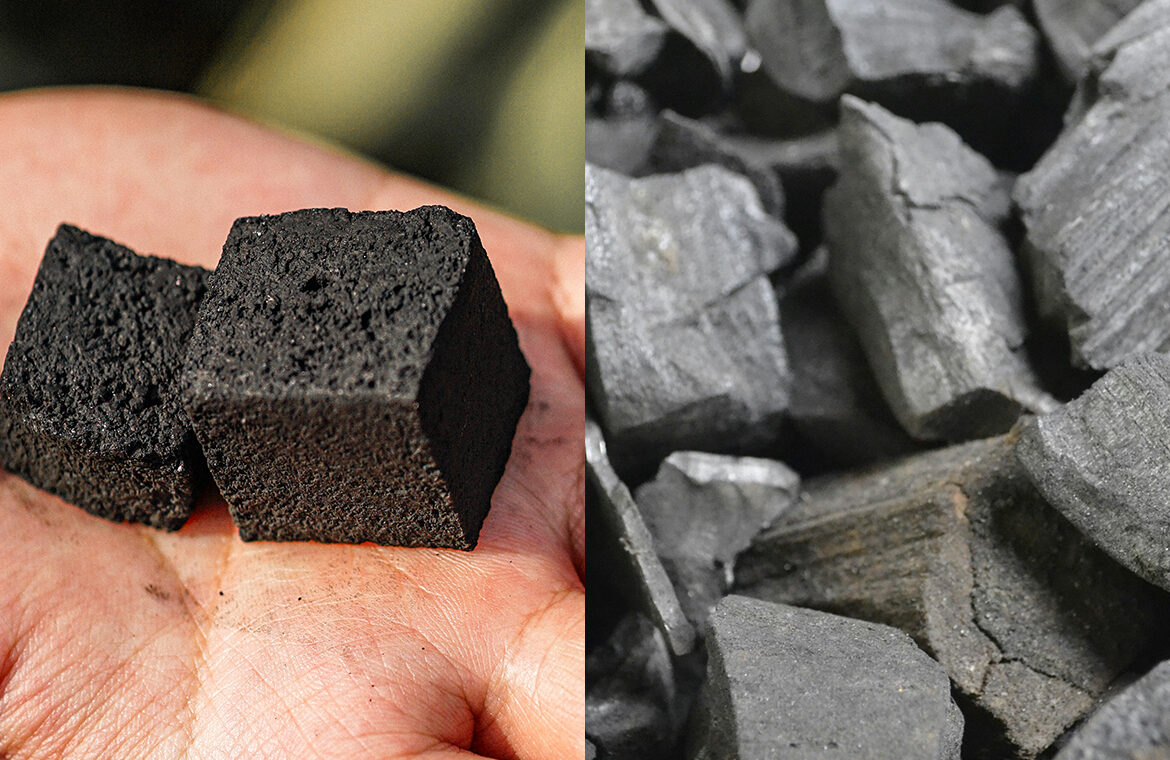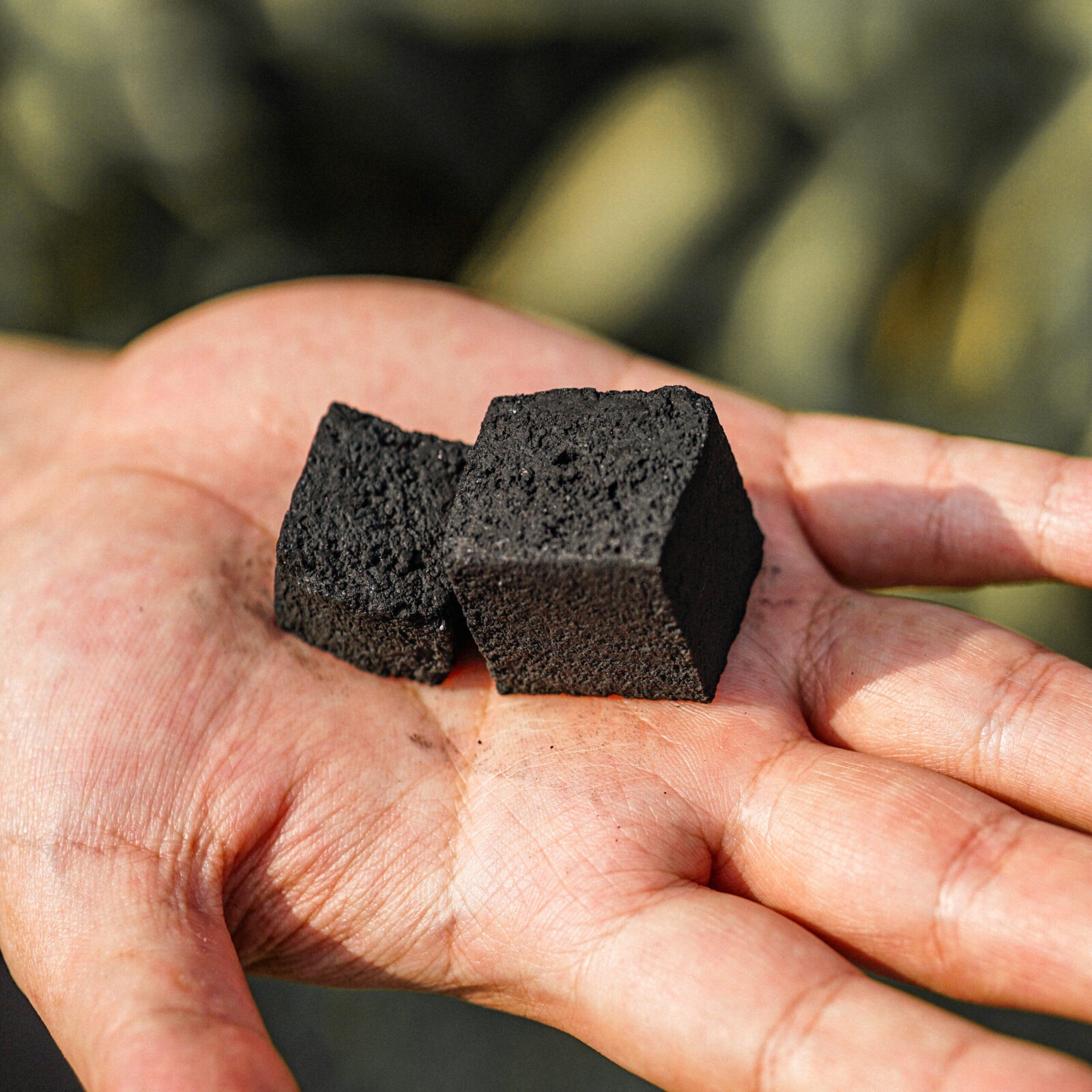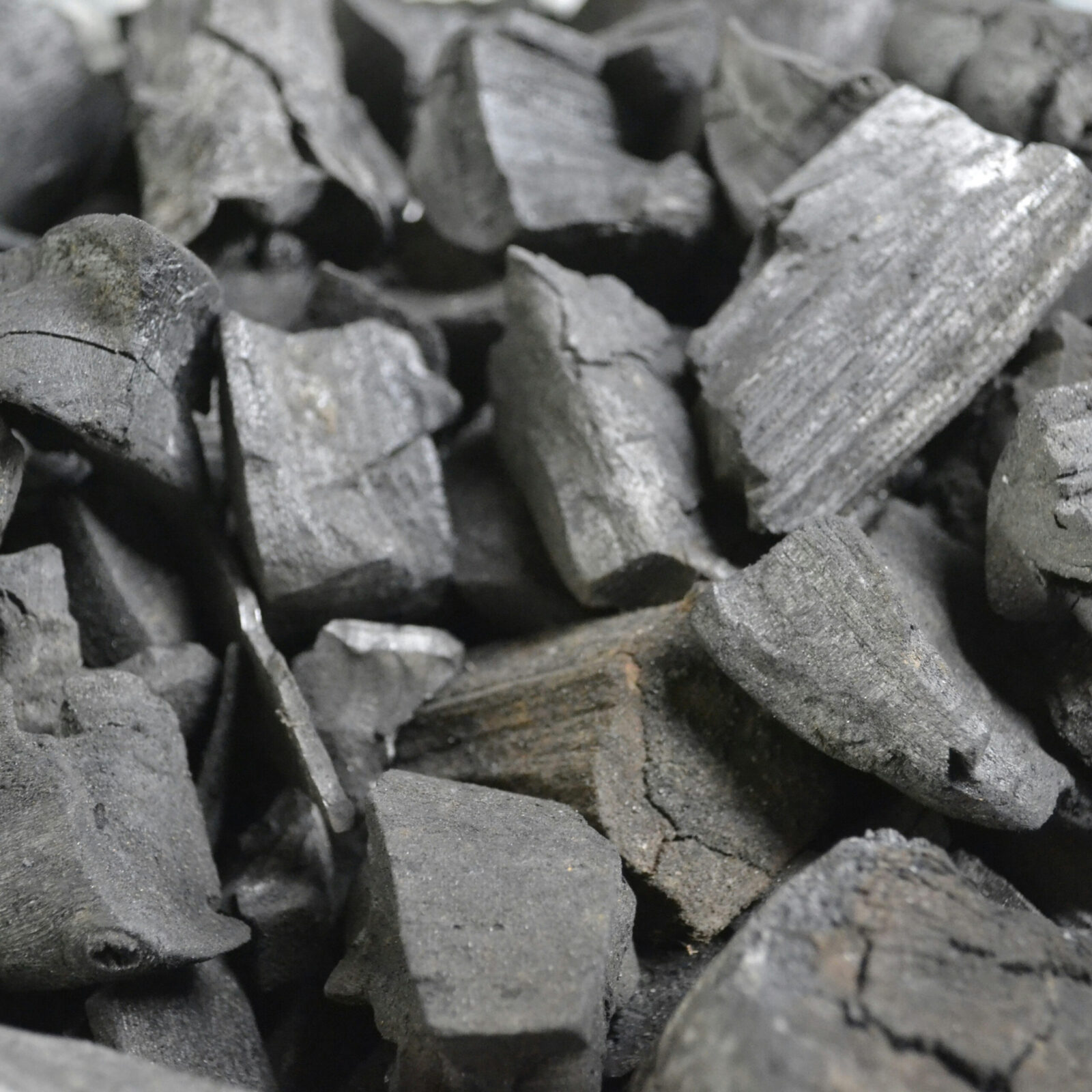Dear importers and barbecue enthusiasts, welcome to a comprehensive exploration of one of the most critical decisions in the world of grilling: choosing between coconut and hardwood charcoal. As importers, understanding the nuances of these two charcoal types is essential for meeting market demands and satisfying the palates of customers around the globe. In this extensive guide, we’ll delve deep into the characteristics, preferences, and cultural contexts surrounding coconut and hardwood charcoal, equipping you with the knowledge to make informed decisions for your import business.
Coconut Charcoal: Sustainability and Efficiency
Let’s kick off our journey with coconut charcoal, a rising star in the world of grilling renowned for its sustainability and efficiency:
- Sustainability: Derived from discarded coconut shells, coconut charcoal represents a prime example of resourcefulness and sustainability. By utilizing a byproduct that would otherwise go to waste, coconut charcoal minimizes environmental impact and aligns with the ethos of eco-conscious consumers.
- Efficiency: When it comes to performance, coconut charcoal shines with its impressive burning properties. With high heat output and prolonged burn times, it ensures consistent temperatures throughout grilling sessions, resulting in evenly cooked and deliciously charred dishes.
Coconut charcoal finds favor in regions where coconuts are abundant, such as Southeast Asia, Africa, and parts of South America. Countries like Thailand, Indonesia, and the Philippines have a rich tradition of using coconut charcoal for cooking, reflecting its cultural significance and availability in these regions.
To delve deeper into sustainable charcoal production and its environmental implications, the United Nations provides valuable insights.
Hardwood Charcoal: Tradition and Flavor
Now, let’s turn our attention to hardwood charcoal, a timeless favorite among barbecue aficionados celebrated for its tradition and distinctive flavor:
- Tradition: Hardwood charcoal holds a special place in the hearts of grill masters worldwide, evoking a sense of tradition and authenticity. Its long history in barbecue culture speaks to its enduring appeal and status as a staple ingredient in outdoor cooking.
- Flavor: One of the standout features of hardwood charcoal is its ability to impart rich, smoky flavors to grilled foods. Whether it’s oak, hickory, mesquite, or another wood variety, each brings its own unique flavor profile, enhancing the taste and aroma of dishes with their distinct characteristics.
Hardwood charcoal enjoys widespread popularity in countries with a strong barbecue culture, including the United States, Argentina, Brazil, and Australia. These regions boast a deep appreciation for the art of grilling, where hardwood charcoal plays a starring role in creating mouthwatering barbecue masterpieces.
Making the Decision: Factors to Consider
As importers, the decision between coconut and hardwood charcoal requires careful consideration of various factors, including:
- Consumer Preferences: Understanding the preferences of your target market is crucial. Are they eco-conscious consumers looking for sustainable options, or do they prioritize flavor and tradition?
- Cultural Context: Take into account the cultural significance of charcoal in different regions. What are the prevailing grilling traditions and practices, and how do they influence consumer choices?
- Performance and Quality: Evaluate the performance and quality of the charcoal products available. Consider factors such as burn time, heat output, ash production, and overall grilling experience.
By analyzing these factors and staying attuned to market trends and consumer preferences, you can make informed decisions that drive the success of your import business.
In the dynamic landscape of charcoal importation, the choice between coconut and hardwood charcoal is not merely a matter of preference but a strategic decision with far-reaching implications. Whether you opt for the sustainable allure of coconut charcoal or the timeless tradition of hardwood charcoal, understanding the unique characteristics and cultural contexts of each is essential for success.
As you navigate this charcoal conundrum, remember to stay informed, adapt to evolving market trends, and prioritize the needs of your customers. With careful consideration and a deep understanding of the nuances surrounding coconut and hardwood charcoal, you’ll be well-equipped to satisfy the cravings of grill enthusiasts worldwide.
After all, charcoal ranks as the second most preferred BBQ grill option, trailing behind propane with a preference of 33% compared to propane’s 59%.





